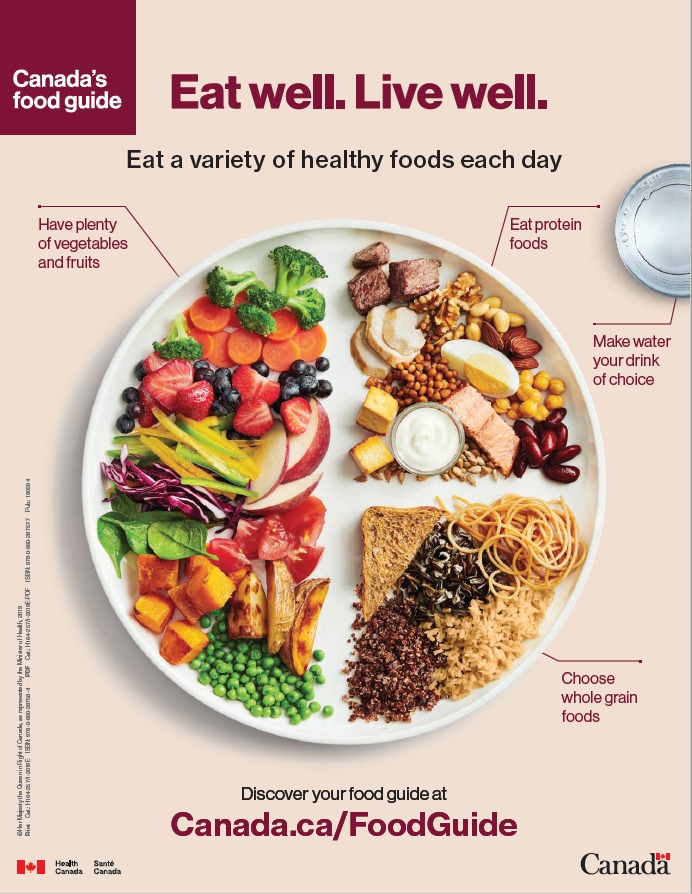By Carol Harrison, RD
The message to limit saturated fat in our diets may be well ingrained, but it’s time to update our dietary advice: the fact is that the most recent national survey of what Canadians are eating aligns exactly with current recommendations to get 10% of calories from saturated fat.
Unintended consequences of further reductions in saturated fat
Continued efforts to get Canadians to reduce their saturated fat intake could have unintended consequences. While a major source of saturated fat in the Canadian diet is calorie-rich, nutrient-poor ultra-processed food (i.e. baked goods, packaged prepared food), many Canadians still associate meat and dairy with saturated fat. Further restrictions of these foods could limit intakes of essential nutrients such as zinc, calcium, vitamin B12, and iron, especially concerning for growing children and women.
Good to know: intakes of meat and dairy have declined over the last few decades. Today’s reality – all fresh red meat (beef, pork, and lamb) accounts for just 5% of the calories in Canadian diets, arguably a modest amount.
Focus on what matters- dietary patterns
Understandably, fitness participants can be fixated on nutrients such as saturated fat – after all, health professionals have spent a few decades hammering home a nutrient approach to dietary advice – but overwhelmingly, research is pointing to the need to switch gears and address overall dietary patterns. Here’s why:
With over 50% of our calories now coming from ultra-processed foods, it’s pretty easy to see where we’ve strayed. The biggest and most detrimental change to our diets over the last few decades has been the replacement of foundational foods (vegetables, fruits, whole grains, eggs, beans, nuts, beef, milk, lentils, cheese, fish), with ultra-processed foods (baked goods, pop, hot dogs, frozen pizza, candy).
Good to know: The Heart and Stroke Foundation, in their position paper on saturated fat, goes as far as to say that, ”the overall quality of one’s diet, combined with the types and quantity of food, have more impact on health than any single nutrient such as saturated fat.”
Champion the Food Guide “Eat Well Plate”

The single best advice for most Canadians is to focus on tweaking their plates to be more in line with the Food Guide “Eat Well Plate”.
Providing your clients with how-to strategies to achieve this may very well be the most straightforward and practical advice they’ve heard in a long time!
Good to know: Studies have shown an 11% reduction in heart attack or stroke for each serving of vegetables and fruit added per day.



